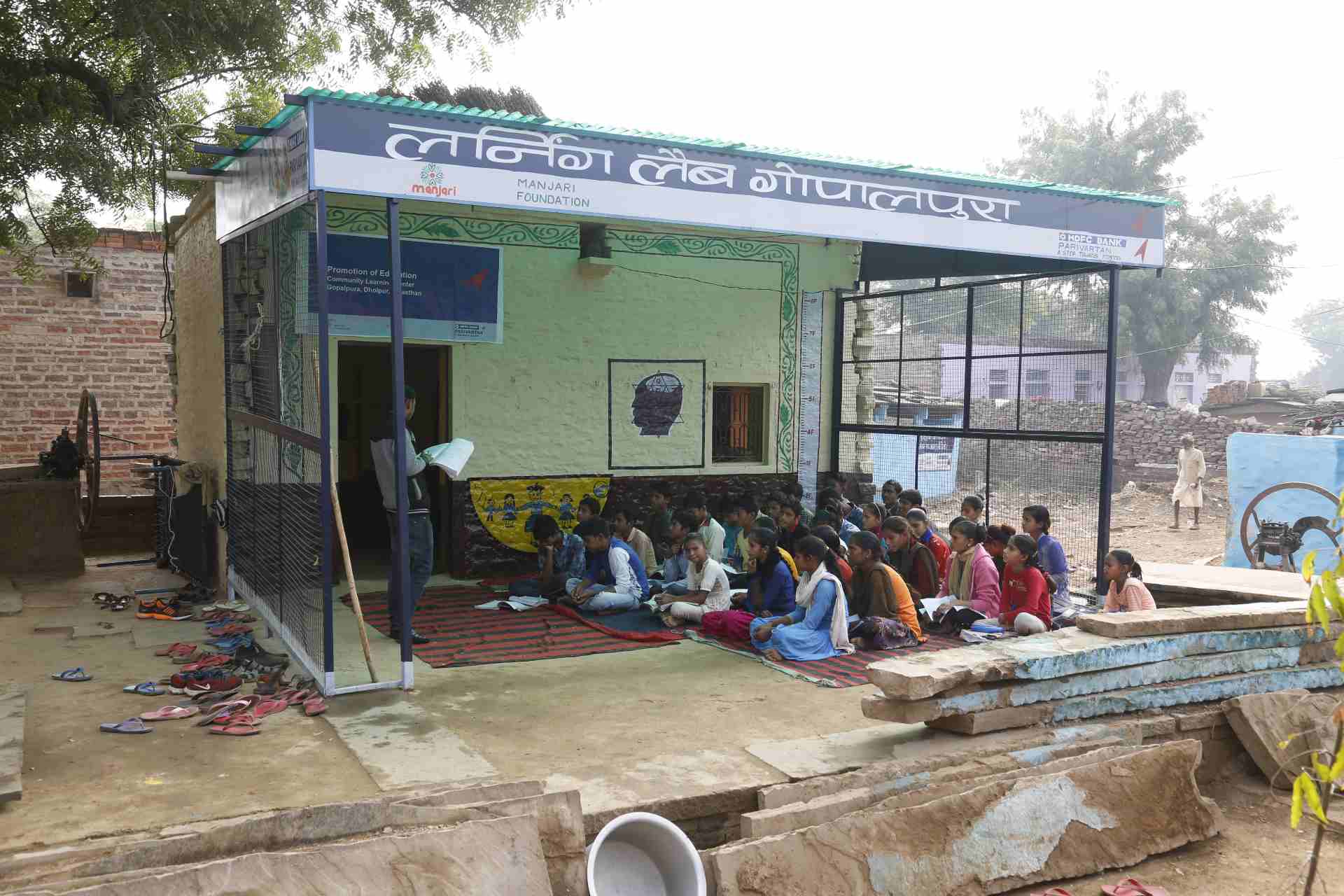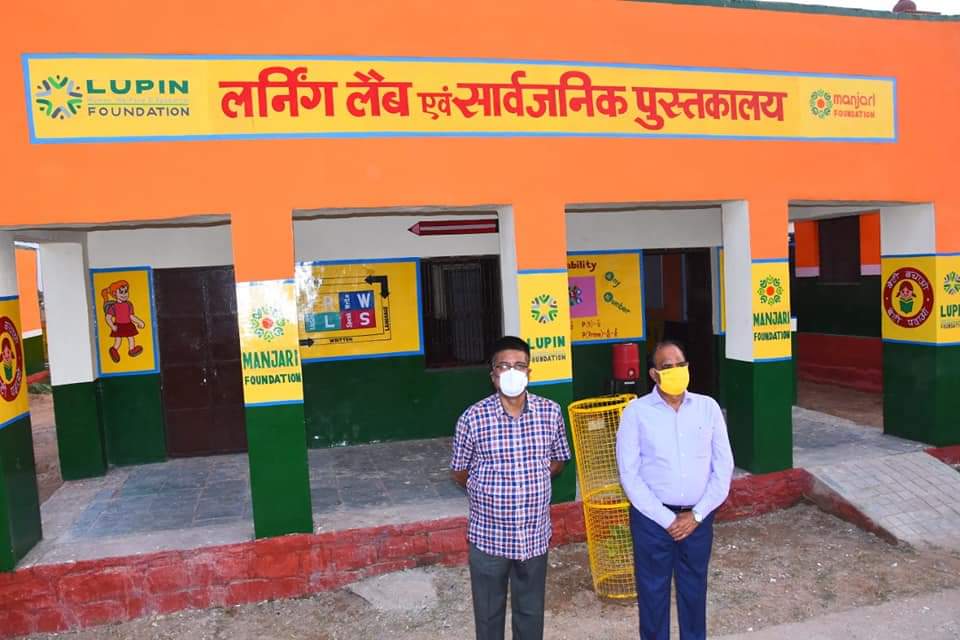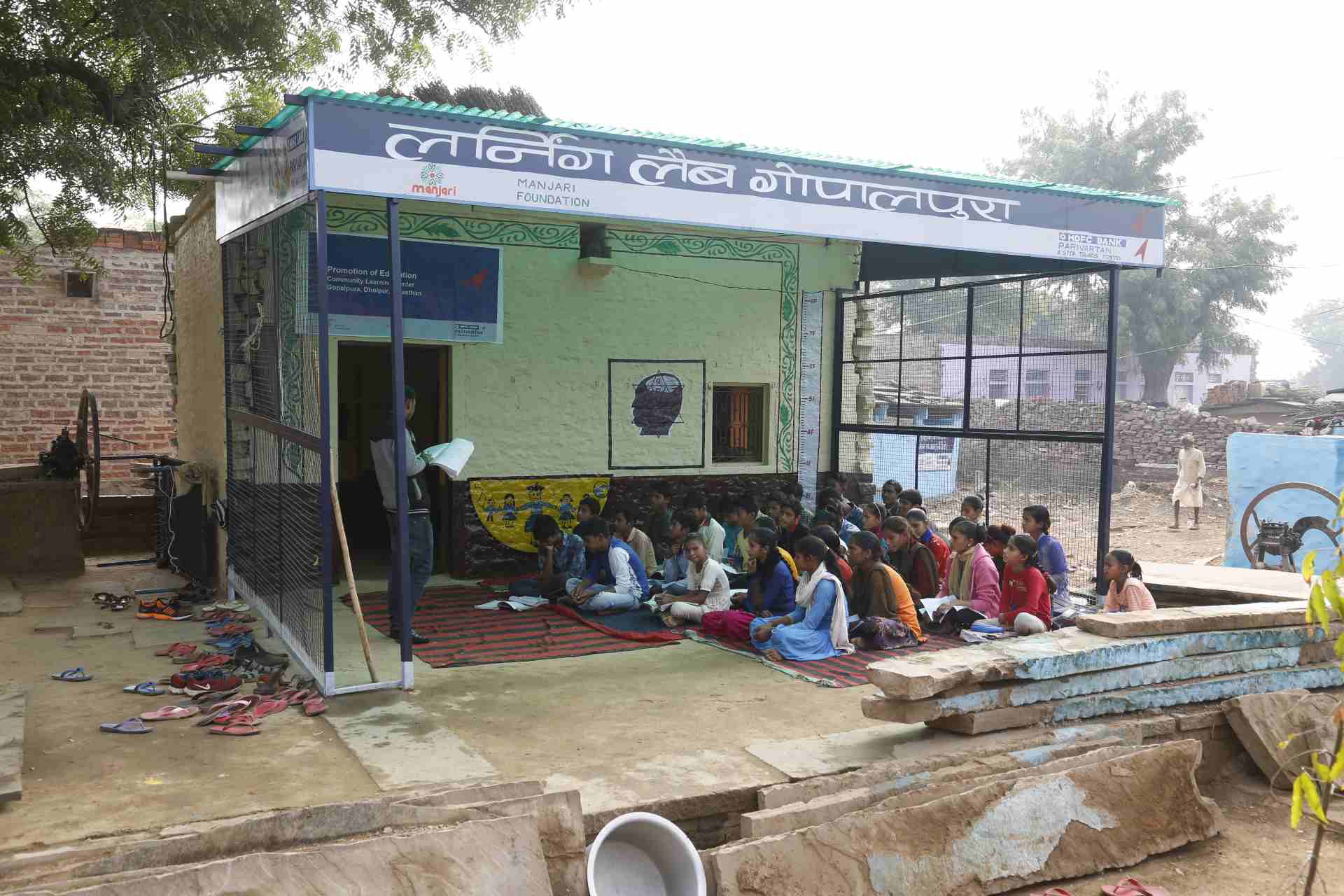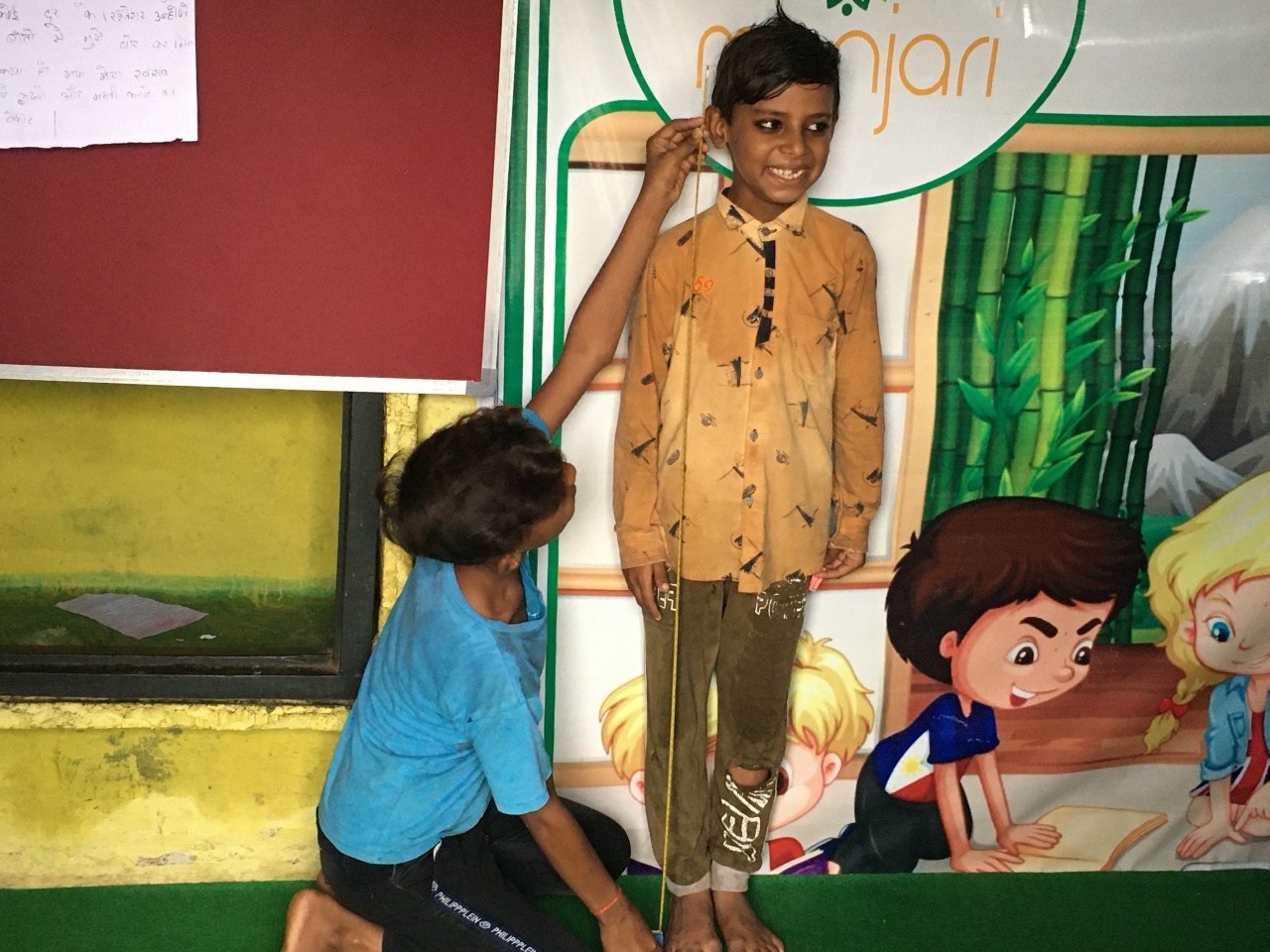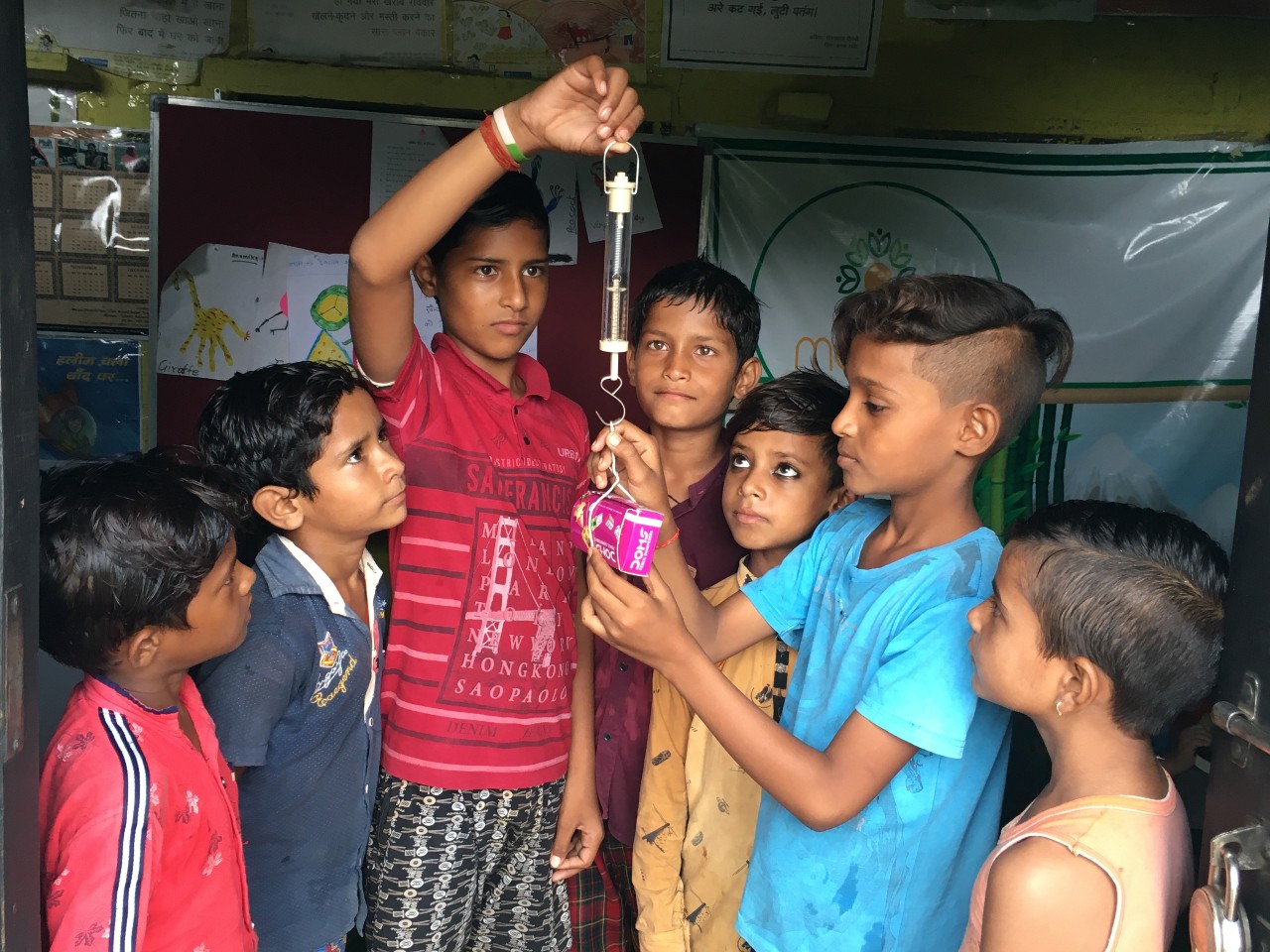Learning Lab: A Nurturing Environment For Young Lives
Rural India is still struggling with access to quality infrastructure. In this information age, learning outcomes depend on access to information. However, there is a wide gap in the availability, access and utilisation of information between rural and urban India. With the aim of bridging this gap, we have promoted the setting up of learning labs in villages. Learning labs are all about creating a conducive environment for children to come together and access a hot of educational resources. The main objective of the learning lab is to improve learning outcomes. When we refer to learning outcomes, it implies change in the learning behaviour of children by creating a space which is designed in a way that it can engage many people at a time - education fellows (teachers), students, parents and volunteers.
